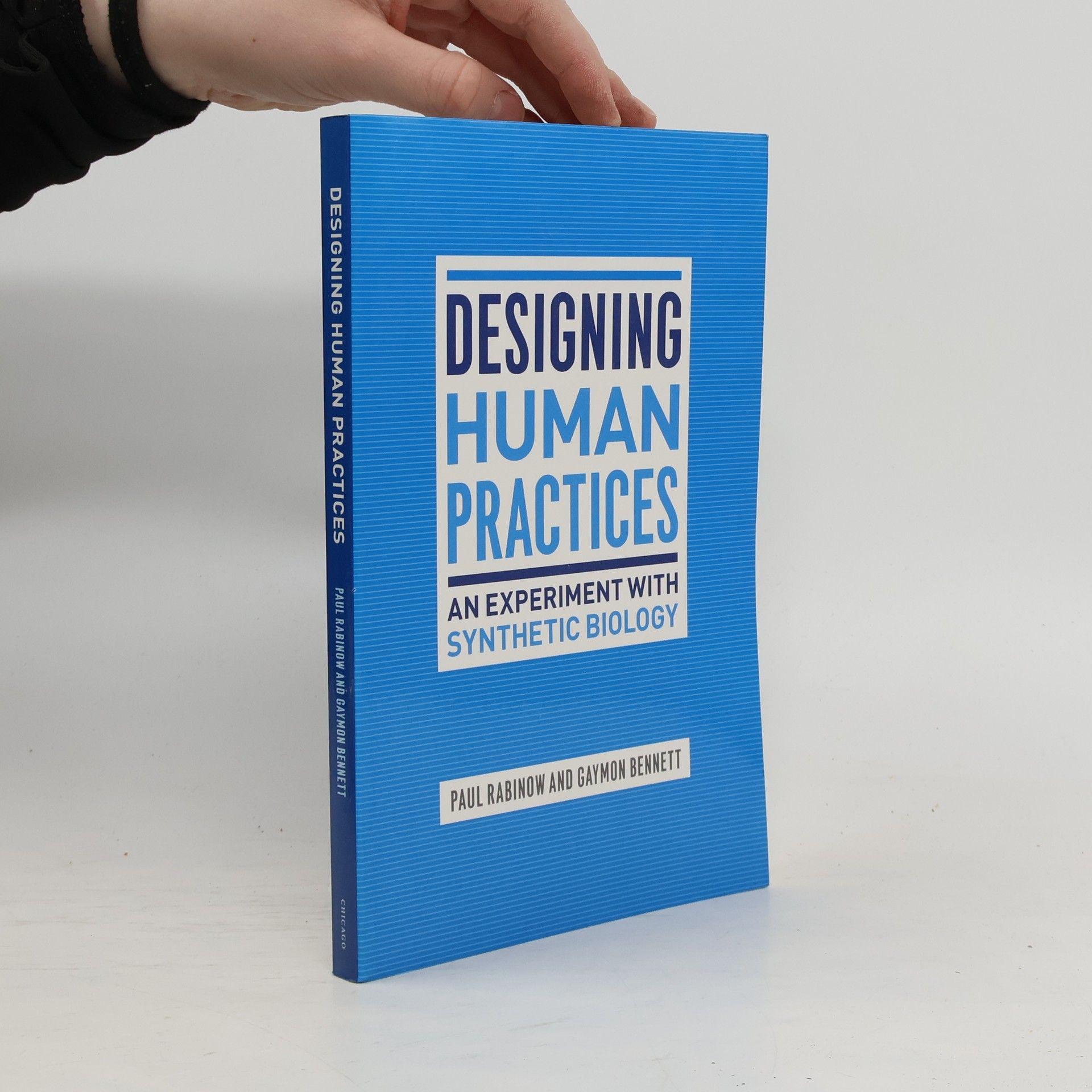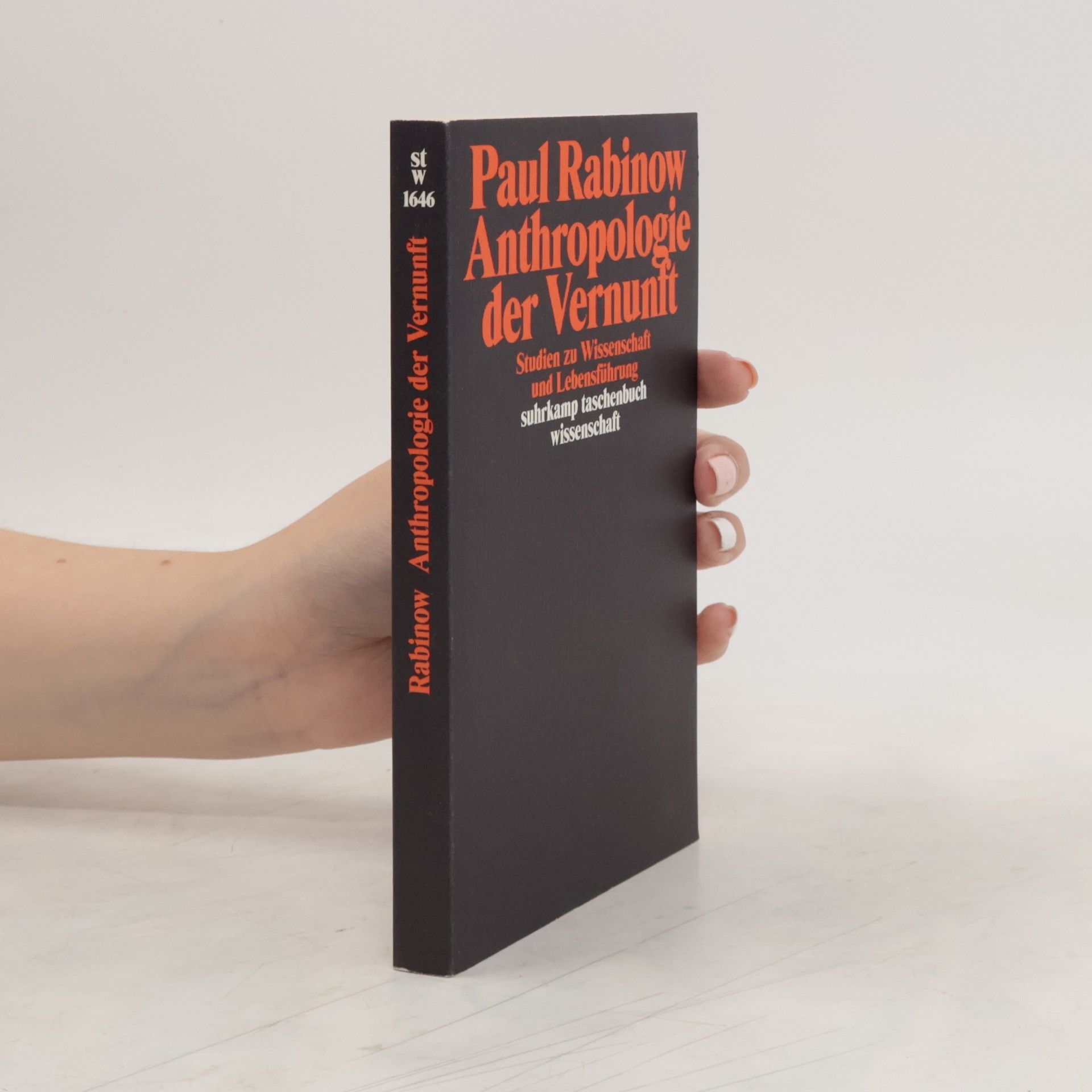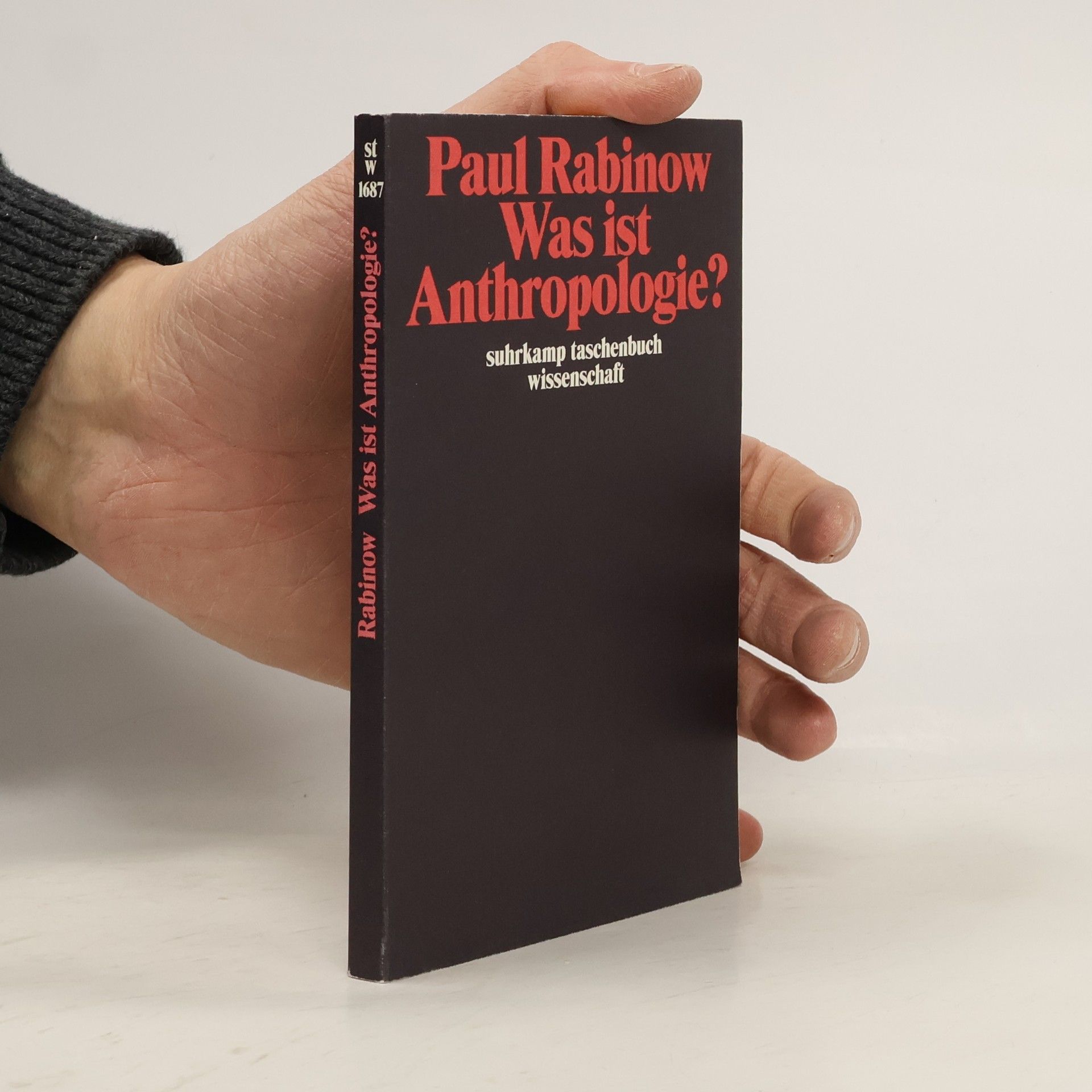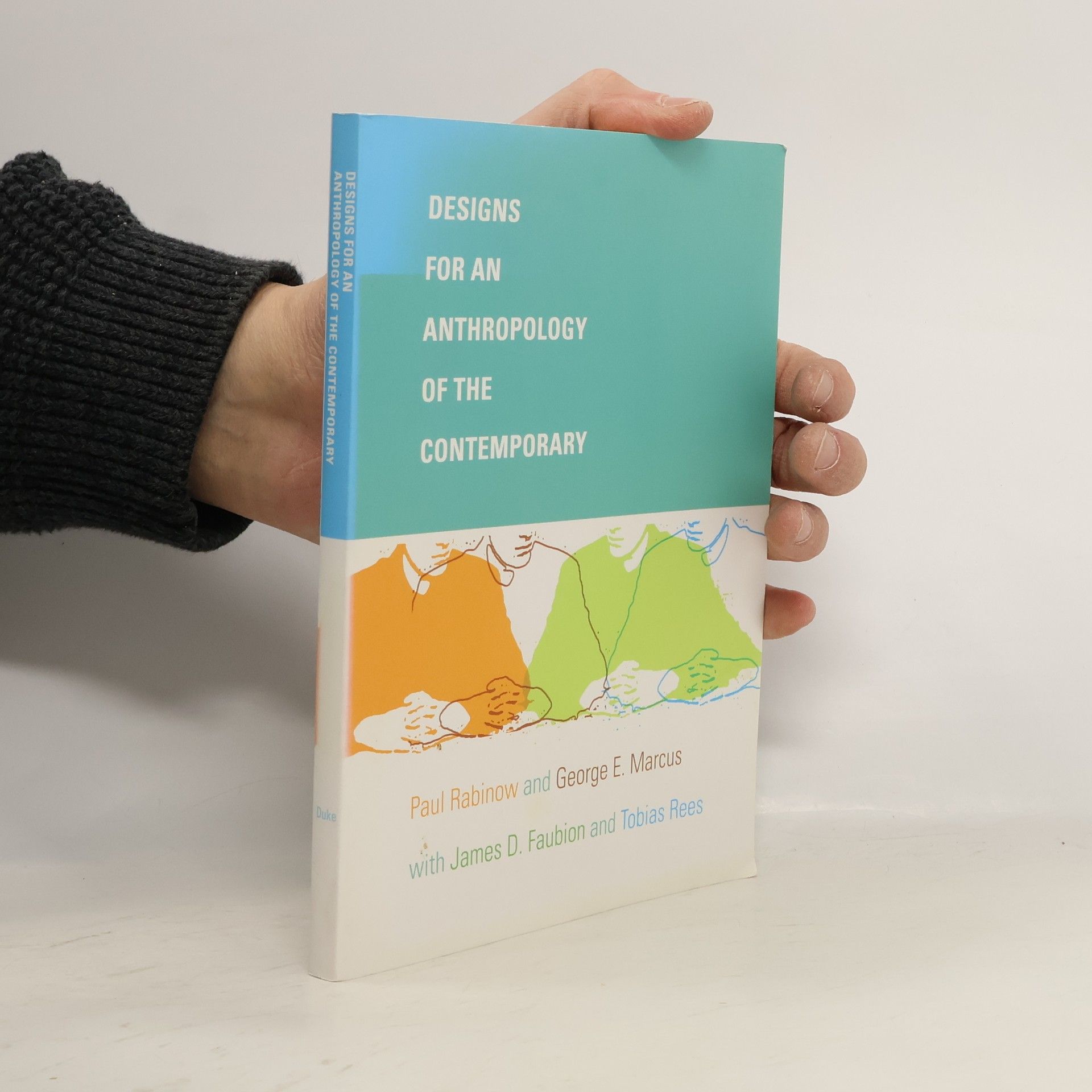Was ist Anthropologie?
- 167 Seiten
- 6 Lesestunden
Was heißt Anthropologie heute? Wie könnte sich eine Anthropologie gestalten, die sich darum bemüht, der Offenheit des Jetzt gerecht zu werden und die Spielarten des Menschseins in der Gegenwart zu analysieren? Ist die »Lehre vom Menschen« überhaupt noch als eine universale, auf den Menschen ausgerichtete Wissenschaft denkbar? Ausgehend von Max Webers Sorge um die Menschheit in der Moderne, entfaltet Paul Rabinow eine Anthropologie, die ihren Ausgang zum einen bei der Frage nimmt, ob sich von »Menschheit« heutzutage überhaupt noch sinnvoll sprechen läßt, zum anderen aber auch von der ethnographisch fundierten Analyse, was man unter Menschheit heute versteht. Ziel ist die Rehabilitierung der Anthropologie als Gegenstand der Theorie vor dem Hintergrund empirischer Forschung.










